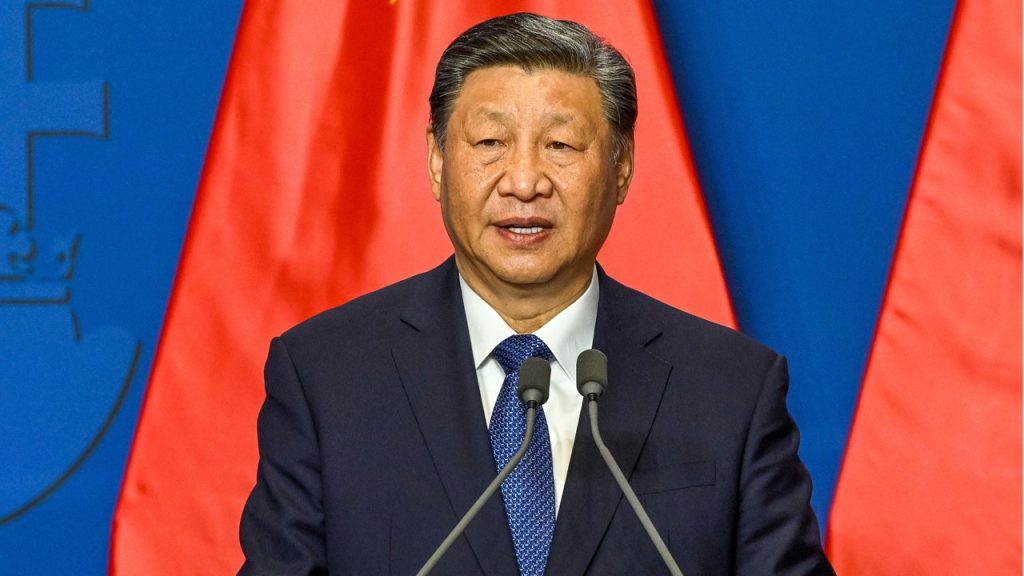Chinese President Xi Jinping wrapped up his tour of three European nations, including France, Serbia, and Hungary, aimed at strengthening China’s influence in Europe. During his visit to Hungary, Xi and Prime Minister Viktor Orbán signed agreements to deepen economic and cultural cooperation between the two countries. Orbán highlighted the strategic partnership between Hungary and China, expressing his commitment to further Chinese investments in Hungary.
Xi’s European tour began with a meeting with French President Emmanuel Macron, where discussions centered around trade disputes and diplomatic efforts related to Ukraine. Subsequently, Xi visited Serbia, a European Union candidate country, where he signed an agreement focusing on building a “shared future” between China and Serbia. The tour aimed at reinforcing China’s presence and influence in Europe through strategic partnerships and economic cooperation.
Hungary and China have enjoyed a strong relationship, with Orbán praising the continuous and uninterrupted friendship between the two countries since he took office in 2010. During Xi’s visit to Hungary, several agreements were signed to enhance economic and cultural ties between the two nations. Orbán’s endorsement of further Chinese investments in Hungary demonstrates the close and enduring partnership between the two countries.
Xi’s visit to Europe comes amidst growing tensions between China and the West, particularly regarding trade disputes and diplomatic efforts in regions such as Ukraine. By strengthening partnerships with European nations like France, Serbia, and Hungary, China aims to consolidate its influence in the region and establish mutually beneficial relationships for economic and strategic cooperation. The agreements signed during Xi’s European tour underscore China’s commitment to expanding its presence in Europe.
The tour highlighted China’s growing presence in Europe and its efforts to establish strategic partnerships with key countries in the region. Through agreements focused on economic and cultural cooperation, China seeks to deepen its influence in Europe and strengthen ties with countries like Hungary. Xi’s visit to Europe signifies China’s commitment to broadening its global footprint and fostering relationships with European nations for mutual growth and development.
In conclusion, President Xi Jinping’s recent visit to Europe underscored China’s efforts to bolster its influence and partnerships in the region. Through meetings with leaders from France, Serbia, and Hungary, Xi focused on enhancing economic cooperation and cultural ties with these European nations. The agreements signed during the tour signify China’s commitment to expanding its presence in Europe and building strategic alliances that benefit both parties. Xi’s visit highlights China’s growing role in the global arena and its efforts to establish strong relationships with key European partners.


